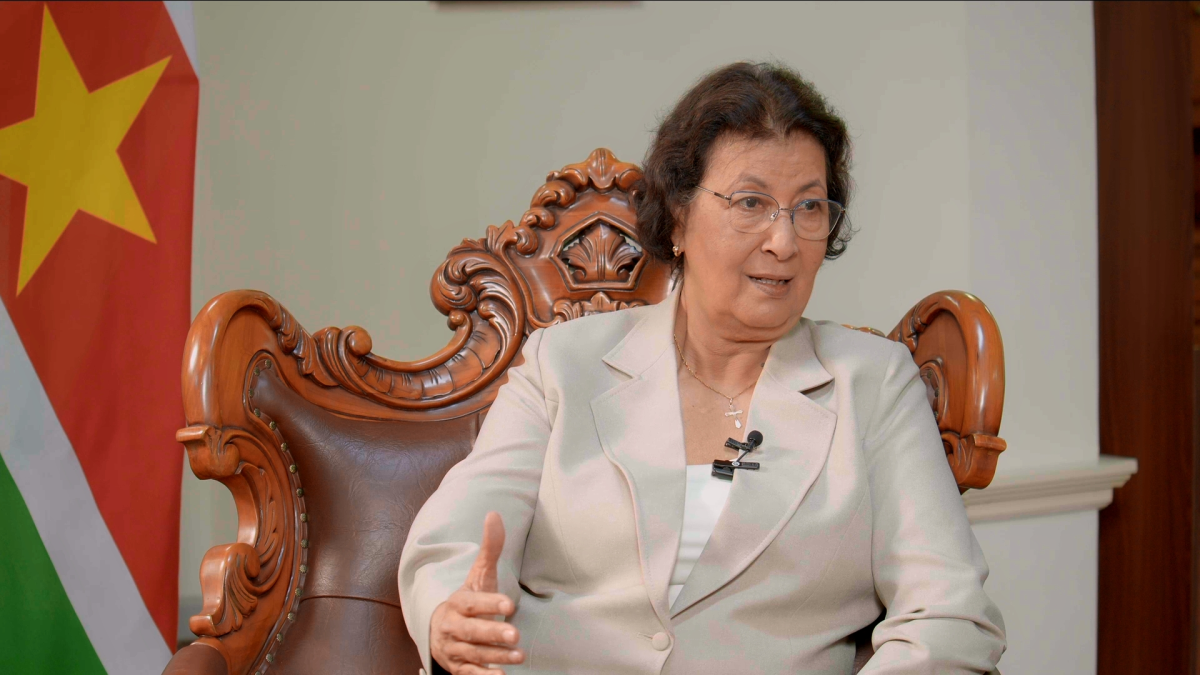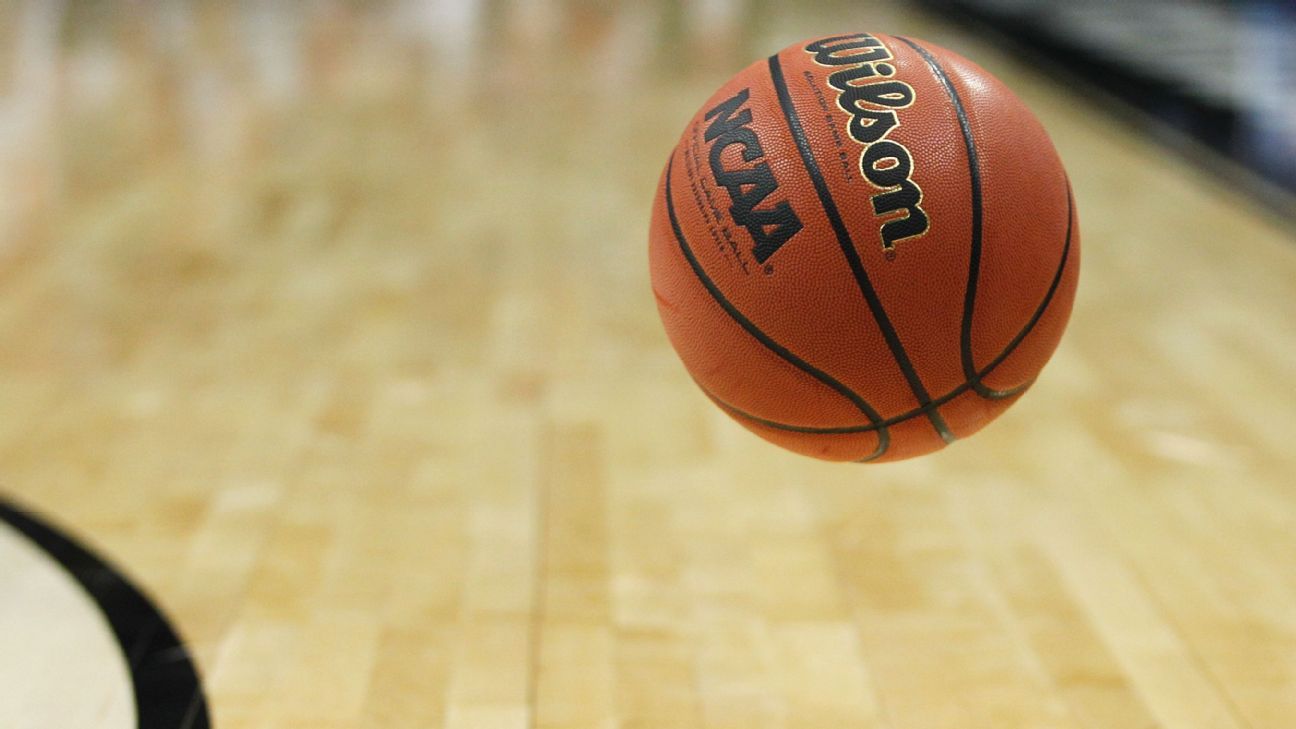Copyright Newsweek

It’s rare for anyone—let alone a country—to know, with near absolute certainty, that they’re about to get really rich. But the tiny South American nation of Suriname is on the verge of doing just that. For decades Suriname has been too small to draw global attention and too indebted to grow. But all that is about to change. Starting in 2028, Suriname is expected to become the world’s fastest-growing economy, with GDP surging more than 50 percent as oil production led by France’s TotalEnergies comes online. The roughly 220,000 barrels per day expected from that project won’t make Suriname a global energy superpower—but with a population of just 650,000, the impact of its oil windfall will be transformative. Tucked between Brazil and Guyana, Suriname is something of an enigma on the map of the Western Hemisphere—even for its nearby Caribbean neighbors. A former Dutch colony, it possesses one of the world’s most ethnically diverse nations—a technicolor mosaic of Indian, Javanese, African, Indigenous, Chinese and European heritages where Amazonian rain forests provide a backdrop for Caribbean rhythms to collide head-on with a very European sense of order. With billions in oil revenue poised to flow into this tiny Dutch-speaking country, Suriname’s national cohesion will soon be tested. And how it manages that windfall will depend largely on its new president, Jennifer Geerlings-Simons—the first woman to hold the office. A former physician, she now leads a fragile six-party coalition at a moment when the stakes could not be higher. She sat down with Newsweek in Suriname’s capital Paramaribo for her first major international interview to discuss the promise of this forthcoming oil era—one that she readily understands is not without peril. “Surinamese people and Surinamese companies need to participate in everything that the oil will bring,” President Geerlings-Simons said. “Otherwise, some people will get rich, and my people will stay poor—and that’s not what we want.” Her concern isn’t theoretical. Across the border, Guyana’s oil boom is remaking the country—supercharging growth while widening the social fault lines that sudden wealth can expose. For five years it has been the world’s fastest-growing economy, expanding more than 40 percent annually as oil exports surged. Suriname has watched the drama next door unfold in real time—and has been taking notes for the stretch ahead. Suriname’s starting point is different than Guyana’s. While Suriname has struggled with inflation and debt, its human-development indicators have long stood several steps ahead of Guyana’s, and its institutional links to the industrialized world—notably via the Netherlands—run much deeper. That means even smaller oil revenues could reach further and lift more people sustainably. The challenge will be timing: much of Suriname’s debt comes due before first oil. The government must refinance without scaring off investors or triggering default. Before politics, Geerlings-Simons worked as a family physician—a background that still shapes how she evaluates the country’s challenges. Asked how she would diagnose Suriname, she paused, then offered an analogy that revealed both realism and restraint. “The patient is definitely not too well at the moment economically, it needs some medicine.” she said. “The medicine you give to a patient, to improve the patient, must be given in the way it needs to be given.” Her answer offered a sobering perspective: before oil wealth flows, the treatment phase—rebuilding institutions, restoring discipline, managing expectations—may be the hardest part. Beyond economics, Suriname holds a rare environmental asset. Roughly 93 percent of its territory remains forest—the highest share of any country on Earth. That gives it an outsized role in climate diplomacy—and a potential income stream from carbon credits. What happens in this sliver of the Amazon will echo from Brussels to Beijing. Borrowing a page from her neighbor to the west, Guyana’s President Irfaan Ali, Geerlings-Simons argues that oil receipts should underwrite biodiversity protection and climate resilience. She sees no contradiction between drilling and preservation. “We think that the oil money will … help us to protect [our] forests ,” she said. “[Income from oil] will also give us the time to develop ways to earn money with our forests. This will take some time to establish.” If Suriname uses oil wealth to fund a transition—investing in education, health, and green infrastructure—it could offer a rare model: a petro-state that turns fossil-fuel profits toward a post-carbon future. Managing expectations in such a diverse democracy will be formidable. Because it is small, even modest oil receipts will ripple quickly. Leaving the presidential palace in Paramaribo after our conversation, I kept thinking about her metaphor. Suriname is a patient in recovery—fragile, hopeful and in need of discipline. Whether it becomes a miracle or a cautionary tale will depend on how faithfully it follows its own prescription. Arick Wierson is a six-time Emmy Award-winning television producer and served as a senior media and political adviser to former New York City Mayor Michael Bloomberg. He advises corporate clients on communications strategies in the United States, Africa, and Latin America. The views expressed in this article are the writer's own.



